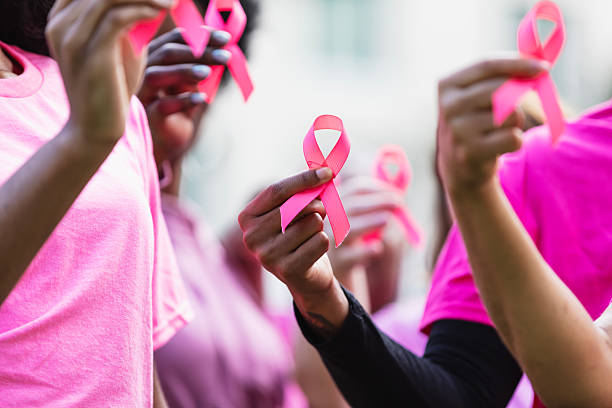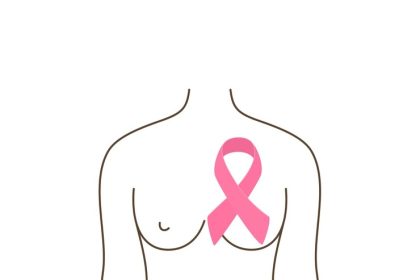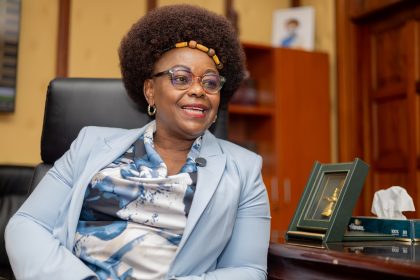In countries around the world, October is awash in pink. Companies sponsor walks, social media lights up with survivor stories, and “awareness” becomes the buzzword of the month.
But sitting across the table from women in my clinic, I see a slightly different reality. They’re not just grappling with cancer; sometimes they’re being rushed through life-changing decisions without adequate support and context.
Let’s be honest: we’ve mastered the marketing of breast cancer awareness, but we’re stumbling at the actual care. According to GLOBOCAN 2022 fact sheet by the Global Cancer Observatory, approximately 7,243 new breast cancer cases are diagnosed in Kenya annually.
This comprises 16 per cent of all new cancers diagnosed. Yet, for all our pink ribbons and awareness campaigns, access to comprehensive care and surgical options remains very limited.
Time and again, women share with me how they were given “just days” to make massive decisions about their bodies. Remove part, or all of their breasts? Immediate reconstruction or wait? Implants or using their own tissue? These aren’t just medical choices; they touch the core of a woman’s identity, her sense of self, and her intimate relationships.
I’ve also held hands with countless women who broke down not because of their diagnosis, but because they felt pressured to make snap decisions without fully understanding their options. I’ve watched them choose mastectomies when they didn’t need to, simply because no one took the time to explain alternatives. Some of my patients only learnt about reconstruction possibilities after their surgery.
In some cases, women have been scheduled for theatre within 48 hours of hearing they have breast cancer, making permanent decisions about their bodies while still in crisis mode
Here’s where the system gets it wrong: breast cancer surgery is classified as urgent, not emergent. International guidelines recommend initial treatment or surgery within four to six weeks of diagnosis. This window exists for good reason; it’s not just about emotional readiness.
A breast cancer diagnosis usually prompts additional tests and imaging that need to be performed, and a multidisciplinary team discussion is needed to develop a personalised treatment plan.
Once surgery is deemed to be the initial option, additional time might be needed to control other conditions that the patient might have.
This may involve correcting raised blood pressure, stopping blood thinners safely, controlling diabetes to ensure the best possible surgical outcomes, and minimising surgical complications.
Breast cancer surgery is elective, meaning it is planned. We can, and should therefore, take time to get it right.
However, women have been scheduled for theatre within 48 hours of hearing they have cancer.
The shock hasn’t settled, they haven’t processed what’s happening, yet they’re making permanent decisions about their bodies while still in crisis mode.
The irony? This rushed approach often creates more problems than it solves. I’ve counselled women experiencing severe psychological fallout after surgery because they didn’t have time to fully process their decision-making.
What’s missing from the conversation? Here’s something you might not see or appreciate in pink ribbon campaigns: breast cancer isn’t one disease. Each type is unique, requiring different approaches and treatments – just as Panadol and Brufen both treat pain, but work completely differently.
Every case deserves review by a full team of specialists before any surgery or therapy occurs. This isn’t fancy extra care, but basic best practice.
Women should know all their choices: Breast-conserving surgery can be just as effective as full removal; reconstruction can happen during the initial surgery or later; there are techniques to save skin and nipples, and various reconstruction options exist using their own tissue or implants.
Unfortunately, breast reconstruction surgery is often considered cosmetic, and patients are frequently forced to pay out of pocket to cover the costs
These aren’t merely cosmetic details, as they may help to enhance long-term wellbeing and body image perception post-surgery.
The real scandal isn’t really about awareness, but more about access. Sometimes medical factors limit some surgical options or make them unsafe. However, many times, the real issue is the patient’s ability to pay and their insurance coverage. Unfortunately, breast reconstruction is often considered cosmetic, and patients are frequently forced to pay out of pocket to cover the costs.
In my practice, we do recognise that women need time to process. They may need repeat conversations, psychological support, the need to involve their families and additional information in order to arrive at a shared decision.
If we’re serious about improving breast cancer care, we need to adopt several crucial measures. First is a mandatory multidisciplinary review for every breast cancer case, followed by protected time for decision-making, thus optimising the recommended window period to ensure the patient is prepared physically and psychologically.
We must also adopt reconstruction as an essential part of the holistic management of breast cancer surgery and care, and lastly, we should encourage shared decision-making between multidisciplinary teams and patients.
Let’s move beyond pink ribbons. Let’s push for real change in how we treat women facing breast cancer and demand healthcare that respects their dignity and their right to make informed choices. Because while surgery might take hours, the long-term decisions that shape a woman’s future should not be rushed.
Dr Mutebi is an Assistant Professor, Department of Surgery at the Aga Khan University Medical College, East Africa and a Consultant Breast Surgeon at the Aga Khan University Hospital, Nairobi.
























